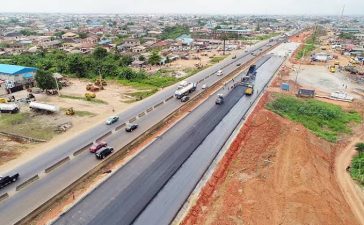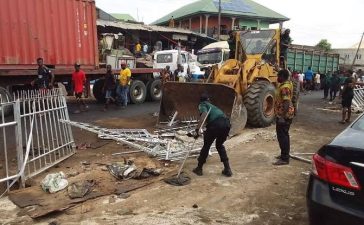The Federal Government has announced that the Nigerian National Petroleum Company Limited (NNPC) lacks the necessary funds to rebuild its aging pipeline infrastructure. This revelation was made by the Minister of State for Petroleum Resources (Oil), Heineken Lokpobiri, during the Energy and Labour Summit 2024 organized by the Petroleum and Natural Gas Senior Staff Association of Nigeria in Abuja.
Lokpobiri underscored the critical issue of Nigeria’s outdated pipeline infrastructure, which he described as old, corroded, and past its operational lifespan. Despite Nigeria’s capacity to produce over 1.7 million barrels of crude oil daily, the minister pointed out that the challenge lies in the effective evacuation of this production to the terminals. “Part of our problem is that pipelines traditionally transporting our crude were built in the 1960s and the 1970s and the lifespan is over. We have identified that even when we can produce, evacuation is a big problem,” Lokpobiri stated.
The minister’s comments shed light on the broader issues facing Nigeria’s oil industry, including the significant infrastructural deficits that impact production and export capabilities. The NNPC’s financial constraints exacerbate the situation, as there is insufficient capital to undertake the necessary repairs and upgrades to the pipeline network.
Lokpobiri also addressed the issue of fuel smuggling, attributing it to the NNPC’s practice of importing and selling fuel below its landing cost. This pricing strategy, he noted, contributes to the cross-border smuggling of fuel, which is a persistent challenge.
The need for urgent action to revitalize the country’s pipeline infrastructure has been highlighted as essential for improving the efficiency of Nigeria’s oil production and export operations. The Federal Government faces the dual challenge of addressing both the financial constraints and the infrastructural shortcomings to ensure a more robust and reliable oil industry.







